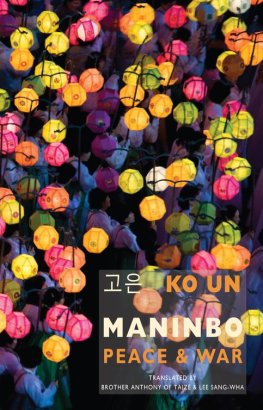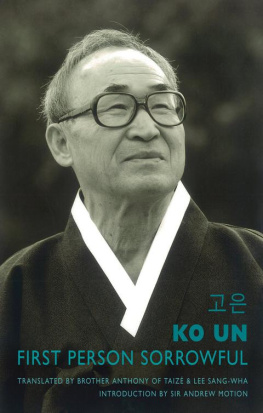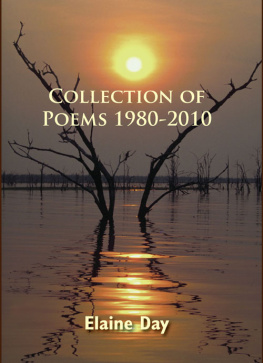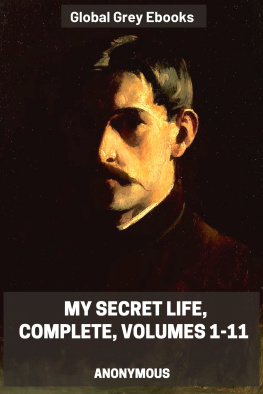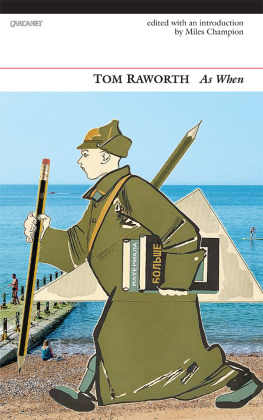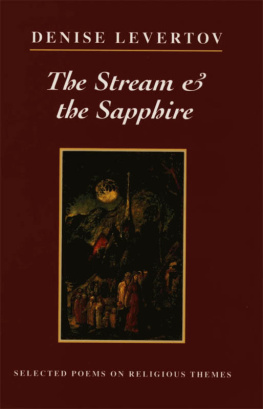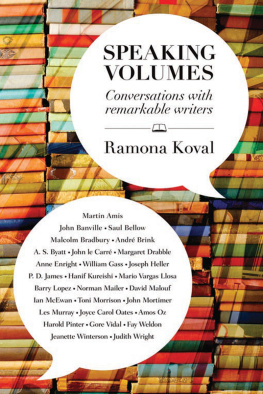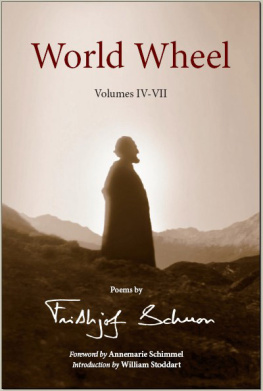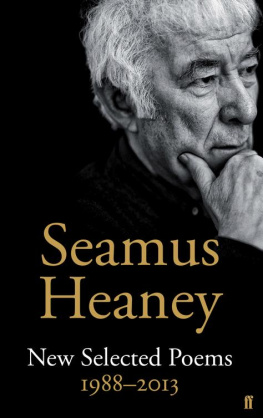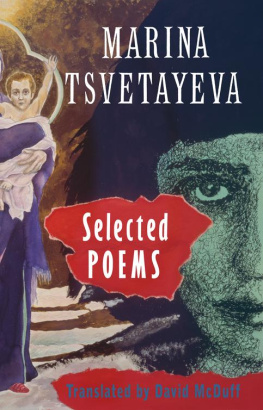Ko Un
Maninbo: Peace & War
Five of these poems were published in Volume 1 (2007) of Azalea (published by Harvard Universitys Center of Korean Studies) and have been slightly revised since: Eonnyeon in Siberia, Hallelujah, Yi Jeong-yis Family, DDT and Gweon Jin-gyu. Six of the poems appeared in The Hundred Years War: modern war poems, edited by Neil Astley (Bloodaxe Books, 2014).
FOR THE FACES OF THE WORLD
The reason why there is night should be the stars. Beneath the starlight of the night sky I have lived the chronology of my poetry.
In October 1979 I provided one of the motivations for an incident by which the most blatant dictatorship in modern Korean history had to be brought to an end. After the assassination of the dictator, I was freed from prison. However, in May the following year, with the second military coup, I abruptly became a criminal, guilty of conspiring to rebel, violating martial law, and inciting others to violate martial law, etc.
The special cell in the military prison was a closed space without windows, measuring 1.5 metres by 1 metre. Given the state of emergency in force then, my very survival was most uncertain. I had already decided what my final gesture would be when the time came for me to die. Deprived of present time in that despair, the incompetent act of remembering alone served as a substitute for the present time. I began to realise that remembering and imagining something could be a source of strength, enabling me to endure day by day the darkness and the fear.
The works that I would have to write if I survived and went back to the world were born in that way. Those were the seeds for the seven-volume epic Mount Baekdu and the thirty-volume Maninbo (Ten Thousand Lives). Thanks to campaigns inside Korea and abroad, I came back out into the world a few years later. Marrying belatedly at fifty, I began life with my wife. This married life has been a time filling my epic and lyrical works with the sound of the waves of the ocean.
I dont think that the active volcano of my poetic passion that once again began to erupt was a destiny allotted to me only. It was a blessing descending to me through the blood of all the sounds of birds and animals living in the primeval forests of the tropical regions on the Pacific equator as well as of the lengthy oral narratives, lasting several days, that were transmitted in the Eurasian continent since prehistoric times.
Maninbo is a collection of songs about the people I have come to know in this world. The encounters I have had are no private matter, but essentially public. This public nature cannot vanish by our personal forgetfulness or neglect. It is the commemoration of the truth of life itself, resisting ephemeral nature. Even one of our trivial meetings has an integrality of history contained within it. I took that as a principle, so I tried to depict not only peoples noble aspects but also their ugly ones.
Maninbo begins with portraits of the villagers of my home town from my childhood in the 1930s. And the central five volumes, from volume 16 to volume 20, are filled with random, fragmentary portraits evoking the several millions who died during the three years of the Korean War from 1950, as well as those who survived amidst the ruins of war.
I did not try to portray only people. It was because human beings cannot exist without the mandala of this world. Part of my task was to manifest the world. I finished Maninbo with thirty volumes, in which some 4,000 people come on the stage from all walks of life, from our countrys history and land. That also includes those whom I met in my years of wandering and those who appeared briefly at turning points in Koreas history.
Maninbo is both my poetic study of people and my nameless historic act. For a poet cannot live without the organic function of history. Having completed this project, I truly had the feeling that I had made the past lives of those people whom I met or whom I did not meet present, one by one, either in reality or in history. This is also a realisation of the mourning that has been one of the topics of my writing.
While I was writing Maninbo I strove to overcome to some degree the poetic first-person. Frame is sometimes fatal. The poet opens his eyes in the grey of todays morning leaving the light of the previous day behind. In recent years I have raised questions regarding the poetic speaking voice: how I could bring multiple poetic, metaphorical selves to life through the first-person I in a poem, how I could attain the truth of each one of endless others, for how long I could remain me, with no end.
The view that wouldnt take poetry as anything more than a kind of fantasy existed already in ancient times and Lukcs also expressed it. Even without that, I was sure that I did not want to defend for ever the identity of the speaker in a poem.
If the modern age is the age of the self, then according to this ostentatious common sense modern poetry is a poetry that realises the self. The I as the subject in modern poetry is accepted as an almost absolute condition. The I in poetry is something like an event as moving as when four-legged animals first became two-legged humans and stood on the ground. The world becomes different for the first time with that.
However, the modern self might never be a gift that we could receive easily. The path leading to the self is incomparably challenging. The ideology of God, the ideology of the group repressed for long outpourings of the self. History has shown a violence that tramples down the potential of the self.
In the time of the feudal ages of North-East Asia, Korea designated the majority of the subjugated classes as nameless objects. In such regions, the self was bound to appear either as a threat or an unexpected force, or too late. The period of division following the Japanese colonial period was also much more of an adversity to the self. I barely survived by killing I. Apart from these adversities, I have not dropped anchor until today, with an acute recognition that there is no way to seek for the self.
The I in modern Korean poetry has these hard times as wounds. But when such an I becomes stuck in the barbarous egocentrism of modernity, if another self that can take it out does not appear, we would have a reality of double pain.
The speaking I is an illusion if it does not have the exterior of mind, that constitutes a necessary prerequisite for the imagining of a narrative structure about people and the world and human self-discovery. Statements about reality and the portrayal of society and humanity would be reduced to a dried-up river-bed if there were no memoir of imagination. Here I dream of a new third-person narrator. Now the third-person is not something matching the absolute first and second-person, but signifies the inner dialectic of those.
When we ponder whether modernity is a creative age that has liberated the self, when there is almost no ground for claiming that modernity is not a chronicle that has exercised a violence of control repressing the self, then we come to realise how wounded the modern self is. Therefore, we have to seek a new other of the self by re-modernising the modern and reflecting on the modern self. In this respect, the flash of a poet who said that our soul is a dream for others is still vibrating. I am reborn in anothers dream.
It is certain that all the interiority of poetry will breathe anew so long as poetry has a yearning for the exterior that is the source of poetry. The self is a complex body that has an exterior as an expansion of the self and an interior as a interlocking of the self. It is therefore no empty words to say that all the world resides in a mote of dust. Penetrating into the world! We can explain this as: when the self becomes other, that is another self and from there a new self as another is born, then the speaker in a poem will return to ultimate selflessness. I cannot exist without you, without a committed devotion to you, and ultimately I become not only you but the third-person Indras Net that is an infinite plural of I and you and attain an emptiness that is neither private nor public. That emptiness is the Buddhist being in profundity. The speaking I is the world of an other I.

